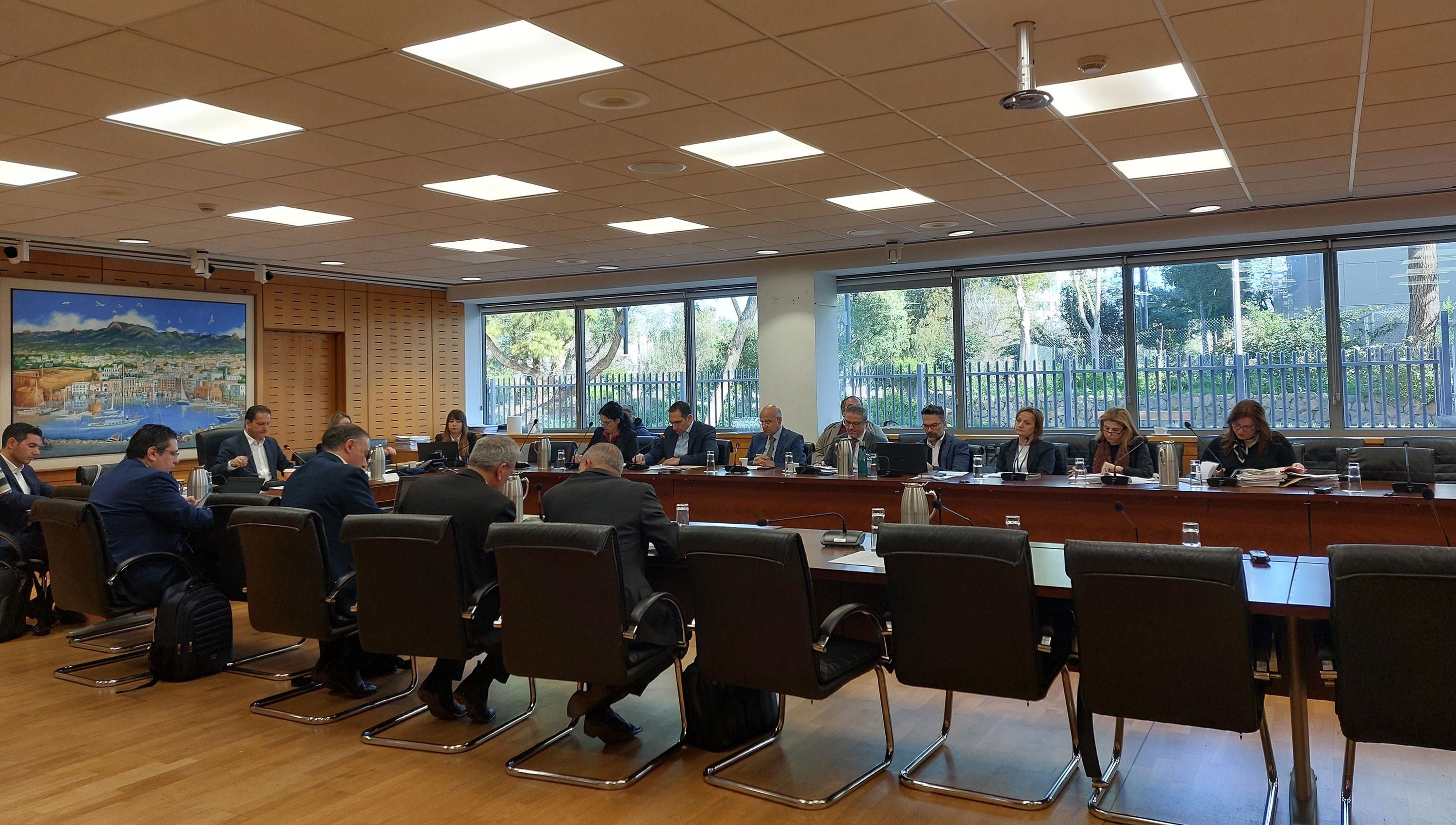The House interior committee continued its clause-by-clause discussion on Thursday on a bill proposed by Dipa MP Marinos Mousiouttas.
The law aims to amend the 2025 roads and buildings regulation act to allow more effective handling of dangerous buildings.
The interior ministry told the committee that the proposed changes would clarify the process for closing unsafe buildings, which was previously hindered by gaps in the law. This step is intended to improve public safety.
However, MPs raised concerns that the bill does not provide housing support for residents who must leave their homes immediately for safety reasons.
Edek MP Marinos Sizopoulos asked what families would do without such protections and called for clear provisions. Mousiouttas also said any evaluation or intervention plan must include social support, highlighting Limassol as a city with a pronounced problem.
The attorney-general’s office reminded the committee that some tenant protections already exist.
Nonetheless, because the issue relates directly to public safety, authorities can still order evictions.
Under the current law, residents have 14 days to vacate a dangerous building.
The technical evaluation process remains unchanged. A technician or engineer must first inspect the property to assess the damage. The expert then has three days to report on whether the building is hazardous.
The Nicosia district government (EOA) submitted a memorandum pointing out that it was not consulted during drafting. The document raised technical questions about articles 15A and 15B, including who qualifies as the “competent authority” for dangerous buildings.
The EOA also requested clarification on whether submitted technical reports are for information, approval, or control, and who is responsible if owners refuse to leave a hazardous building. Questions were raised on how fines are calculated, which the bill ties to the “seriousness of the offence.”
EOA general director Konstantinos Parmaklis noted serious challenges in multi-owner buildings, where some owners cooperate, and others do not, making compliance uncertain.






Click here to change your cookie preferences